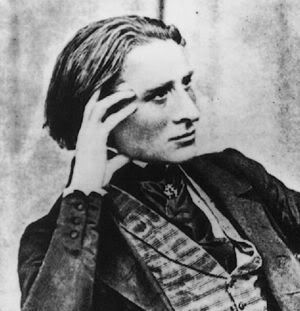
So this piano "grand master piaump" is mainly responsible for traditions that we, pianists, use today. He was a huge supporter of the idea of "Masterclasses" and that has carried on. He also was a pioneer in playing solo piano music from memory. A rock star in his day, current day musicians have continued his tradition of the musician who is a womanizer/Casanova. Women would faint or simply throw their panties on stage during his concerts. Who knows what happened after the concerts?
His music, well, most of it is very excellent. I consider him to be one of the more consistent composers for piano. Most of the compositions have a great audience appeal. This is due to the fact that he was composing for himself and needed the music to captivate the audience and at the same time display his virtuosic abilities. Unlike Schumann, his later works are his best.
His Transcendental etudes are amazing compositions and included in this series is No. 10 (No title). This etude in f minor is one of the better ones, musically, in the set and carries the technical task of the left hand chords that become somewhat of a physical burden. Fun times.
La campanella is yet another great etude that he composed. It is part of his Six Etudes After Paganini for piano. It is definitely the most played out of the set and for a good reason. It incorporates virtuosity with a great work of music.
Auf dem Wasser zu singen is a transcription of a Schubert song which is a barcarolle. It is quite nice. This and the Gretchen transcriptions are my favorites.
His Hungarian rhapsodies bring liszt’s love for gypsy and folk melodies to the forefront. Between numbers 2, 6, and 12 these works are often performed by pianists.
cLiCk HEr: This is my Dogg Berezovsky Playing the f minor etude

No comments:
Post a Comment